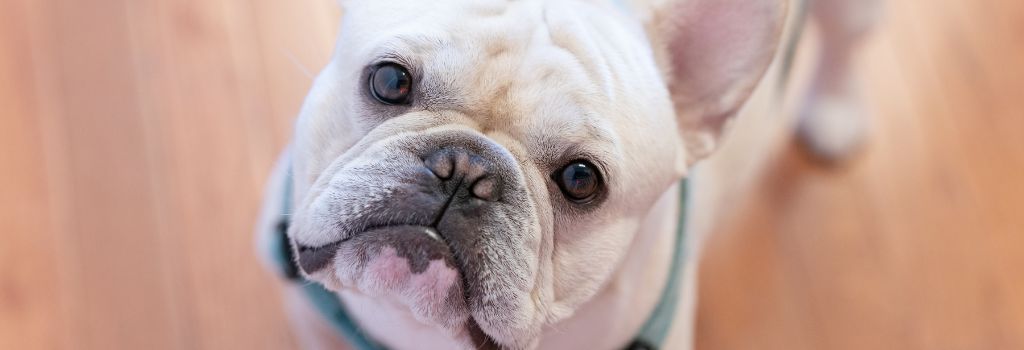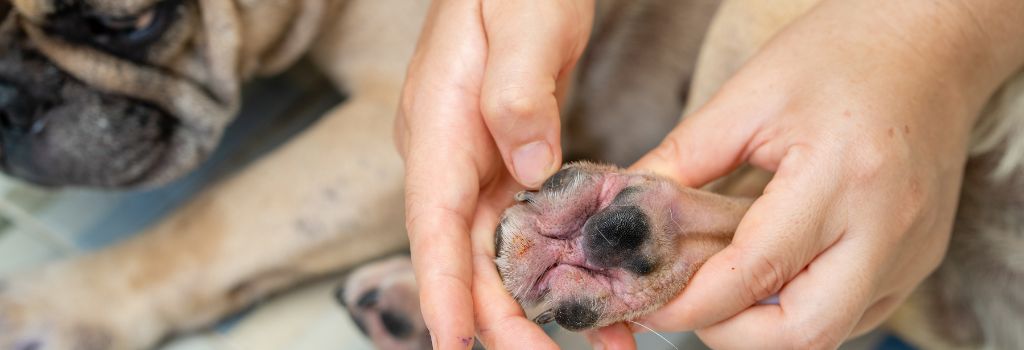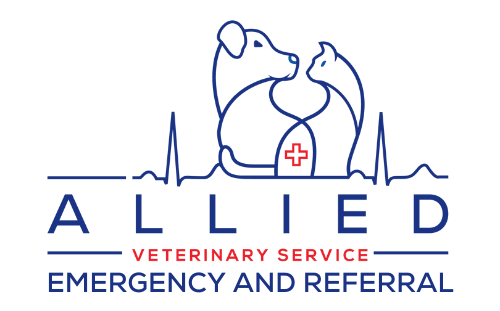French Bulldogs, with their charming personalities and adorable faces, have quickly become one of the most popular breeds. However, before you bring a French Bulldog into your home, there are several important factors to consider. While they are a fabulous breed with great personalities, French Bulldogs come with specific health considerations that potential owners should be aware of.
Airway Issues in French Bulldogs
The most significant health concern for French Bulldogs revolves around their airway. As brachycephalic dogs, they have short faces that come with various respiratory issues. Every French Bulldog I've met has had some degree of airway difficulty. Their short faces mean they have an elongated soft palate, stenotic nares (narrow nostrils), and often a narrow trachea (windpipe).
Elongated Soft Palate:
The elongated soft palate refers to excessive tissue in the back of the throat. This extra tissue can partially block the airway, making it difficult for the dog to breathe. You might notice your French Bulldog making snorting or snoring sounds, even when awake, which can indicate an elongated soft palate. Severe cases might cause your dog to gag, retch, or have trouble swallowing.
Stenotic Nares:
Stenotic nares are essentially very narrow or partially closed nostrils. This condition is easily visible; the nostrils appear pinched or closed, which restricts airflow. If your French Bulldog has stenotic nares, you might observe them breathing heavily through their mouth, especially during exercise or in warm weather. This labored breathing can be a clear sign that their nostrils are not allowing sufficient air passage.

Surgical Solutions for Brachycephalic Breeds
About 90% of French Bulldogs, along with other brachycephalic breeds, can benefit from upper airway surgery. Surgeons can remove the excessive tissue in the throat and enlarge the nostrils, significantly improving their ability to breathe, regulate temperature, and get sufficient oxygen during physical activity. However, the narrow trachea is a congenital issue that cannot be corrected surgically.
Here are the details of the surgical solutions available:
Alar Fold Resection (Nostril Widening):
A common surgery for stenotic nares is alar fold resection, where the surgeon removes parts of the nostril cartilage to widen the nostrils. This allows more air to pass through the nasal passages. The procedure is usually quick, and dogs typically recover well, experiencing a noticeable improvement in their breathing.
Staphylectomy (Soft Palate Resection):
For the elongated soft palate, a procedure called a staphylectomy is performed. During this surgery, the excessive tissue in the back of the throat is trimmed. This reduces the obstruction in the airway and helps the dog breathe more easily. This procedure also requires general anesthesia, and the recovery period involves monitoring for any swelling or complications, which are generally minimal.
Laser-Assisted Turbinectomy (LATE):
One technique used to enlarge the nostrils is a laser-assisted procedure. The laser removes the excess tissue in the nostrils, making the openings larger and allowing for better airflow. This surgery is relatively quick and effective, often performed under general anesthesia. The recovery time is usually short, and the results can significantly improve the dog's breathing and overall quality of life!
Combined Procedures:
In many cases, veterinarians may recommend combining these procedures to address all airway issues at once. By performing both nostril widening and soft palate resection simultaneously, the dog can experience comprehensive relief from their breathing struggles.
Genetic Considerations and Potential Complications
- Breeding for the French Bulldog's distinctive facial features has led to these health challenges. If airway issues are not addressed, the dog may develop more severe problems over time, such as:
- Syncope (fainting) due to exertion.
- Gastroesophageal reflux (GERD) and heartburn from the pressure in their lungs and chest.
- Everted saccules, which are tissues that protrude into the windpipe and may require surgical removal.
- Be more prone to heat stroke
French Bulldogs are also prone to neurological and spinal problems due to their genetic makeup. They often have malformed vertebrae, known as hemi vertebrae or butterfly vertebrae.
These malformations can cause spinal instability, leading to:
- Arthritis and squished discs pressing on the spinal cord (Intervertebral disc disease or IVDD).
- Neurologic dysfunction, back pain, and potential paralysis.
While these conditions are genetic and can't be prevented, being aware of them allows you to plan for potential visits to a neurologist or surgeries if needed and being vigilant for signs of these conditions.

Allergies and Skin Conditions
Our final stop for today is allergies. French Bulldogs are susceptible to allergies, both environmental and food-related. Common allergies include reactions to proteins in food, or things in the environment like dust, pollen, and molds.
These allergies often manifest as skin conditions such as:
- Atopic Dermatitis: This is a chronic skin condition characterized by itching, redness, and rashes. French Bulldogs with atopic dermatitis often scratch, lick, or chew their skin excessively, leading to further irritation and potential infections.
- Food Allergies: Certain ingredients in dog food, like beef, chicken, or dairy, can cause allergic reactions. Symptoms might include itching, gastrointestinal issues, and chronic ear infections.
- Environmental Allergies: Allergens such as pollen, dust, and mold can lead to itchy skin, watery eyes, respiratory issues and atopic dermatitis.
- Skin Infections: Due to their skin folds, French Bulldogs are prone to bacterial and yeast infections. Regular cleaning and drying of these folds can help prevent infections.
Managing these allergies often involves dietary changes, medications, and regular grooming to keep your French Bulldog comfortable and healthy. But before you start changing their diet at home - talk with your veterinarian! Often if diets have been changed frequently, finding the best diet for your special friend can be more difficult.
Falling for a Frenchie
French Bulldogs are undeniably adorable and have personalities like no other, but they do come with a range of health issues that prospective owners must be prepared to manage. If you decide to bring a French Bulldog into your life, prioritize their health by consulting with your veterinarian about potential surgeries and treatments to improve their quality of life. Understanding these aspects will help you provide the best care for your little companion.
If you have questions and you'd like to reach out to us, you can call us directly at (715) 529-5900, or you can email us at [email protected]. Don't forget to follow us on social media Facebook, Instagram.
